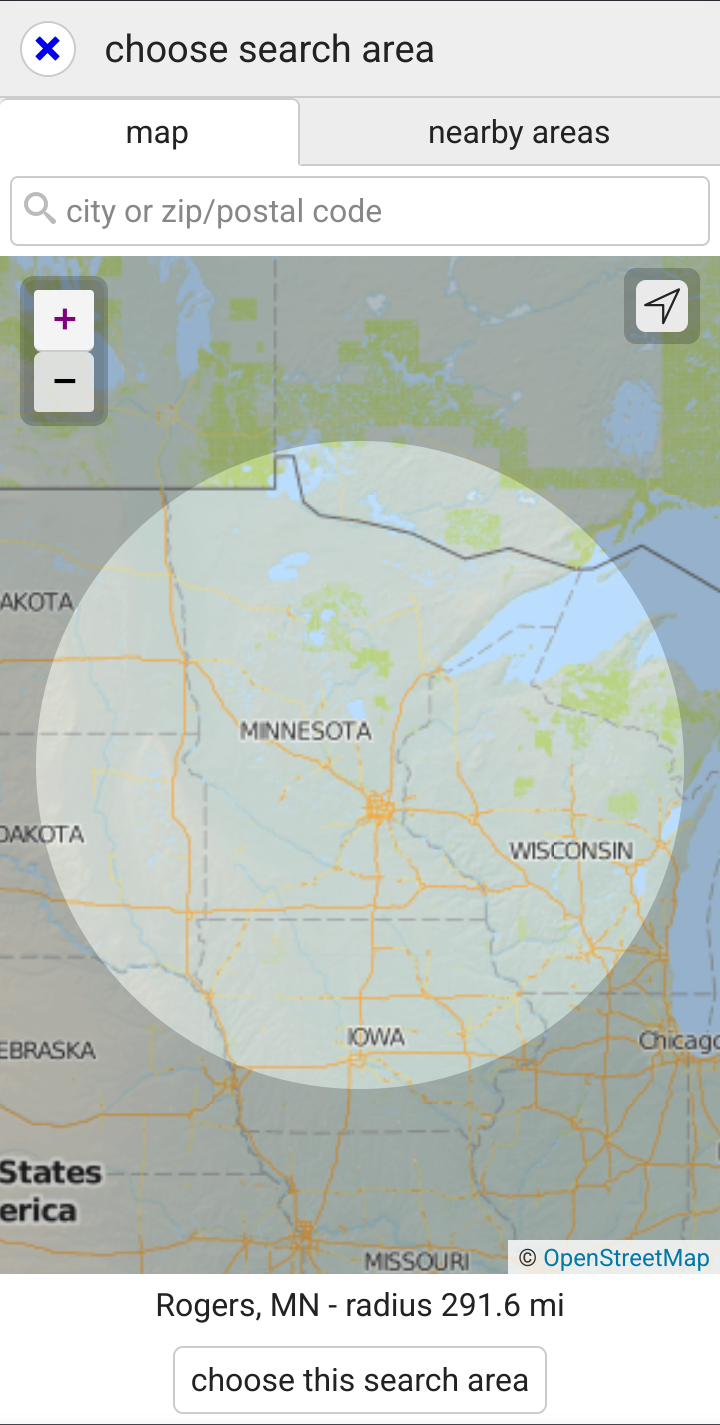

Agreed. I’ve made a day trip to the neighboring state to buy a used car from a CL listing, but I probably wouldn’t travel to the other side of the country for it.
Similarly, for many things I wouldn’t travel more than an hour to get them.
The distance radius really needs to be adjustable per search to be useful outside of densely populated areas.










But it is in use at plants in the US as it’s built in right from planning before construction even begins, because LNT has thoroughly influenced legal and regulatory requirements.